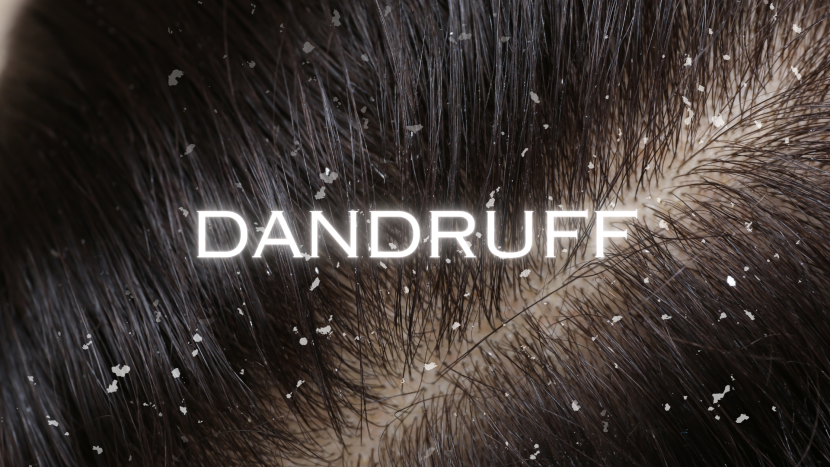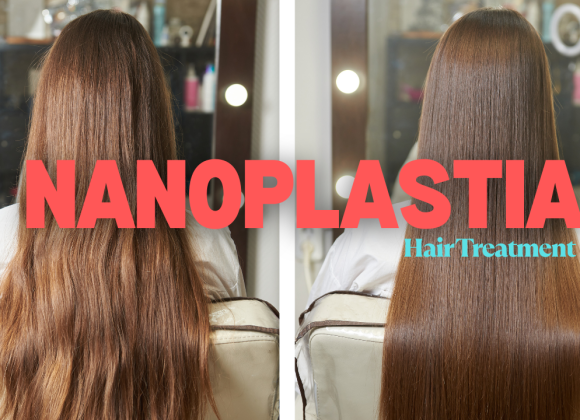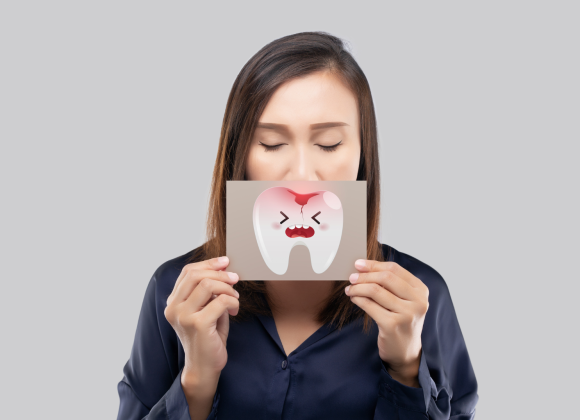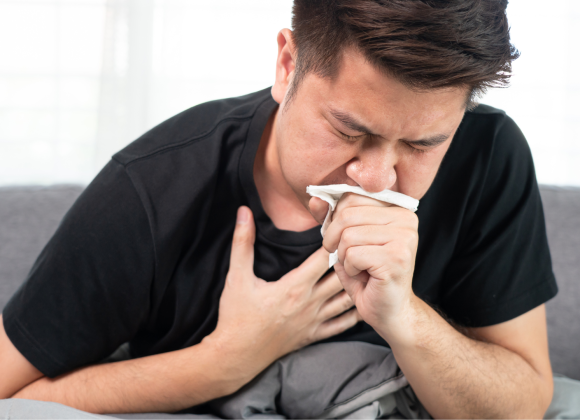Dandruff is a common scalp condition that causes flaking, itching, and irritation. It can be embarrassing and uncomfortable, but it’s also highly treatable. While many people turn to anti-dandruff shampoos, they often contain harsh chemicals that may not work for everyone.
Fortunately, nature has a cure. In this blog, we’ll explore the Top 10 Home Remedies for Dandruff That Actually Work, backed by natural healing properties and age-old wisdom.
What Causes Dandruff?
Dandruff can be triggered by various factors, including:
- Dry skin
- Oily scalp or buildup of hair products
- Fungal infections (especially Malassezia)
- Skin conditions like eczema or psoriasis
- Poor hygiene or infrequent hair washing
- Stress, hormonal changes, or an unhealthy diet
Understanding the root cause is important for choosing the right remedy. Let’s dive into the top natural treatments.
1. Coconut Oil – Moisturizing & Antifungal

Best for: Dry scalp and fungal dandruff
Coconut oil deeply moisturizes the scalp and has powerful antifungal properties to fight Malassezia, the yeast linked to dandruff.
How to use:
Warm 2–3 tablespoons of virgin coconut oil and massage it into the scalp. Leave it for 30 minutes or overnight. Wash with mild shampoo.
2. Lemon Juice – Natural Exfoliator & pH Balancer

Best for: Oily or itchy scalp
Lemon juice balances scalp pH and reduces excess oil and fungal growth.
How to use:
Apply fresh lemon juice directly to the scalp. Leave it for 5–10 minutes and rinse off. Use twice a week.
3. Apple Cider Vinegar (ACV) – Detox & Scalp Clarifier

Best for: Itchy scalp and product buildup
ACV helps remove dead skin and acts as an antifungal and antibacterial agent.
How to use:
Mix equal parts ACV and water. Spray or pour onto the scalp, leave for 15 minutes, then rinse. Use once or twice a week.
4. Tea Tree Oil – Antimicrobial Powerhouse

Best for: Fungal dandruff and oily scalp
Tea tree oil has potent antifungal and anti-inflammatory properties.
How to use:
Mix a few drops with a carrier oil (like coconut or jojoba). Massage into the scalp and wash after 30 minutes. Avoid using undiluted.
5. Onion Juice – Scalp Booster & Fungal Fighter

Best for: Persistent dandruff and hair fall
Onions have antifungal and antibacterial properties that help cleanse the scalp.
How to use:
Blend the onion and strain the juice. Apply to the scalp for 20–30 minutes, then rinse with a mild shampoo.
6. Aloe Vera – Soothing & Hydrating

Best for: Itchy, inflamed, or dry scalp
Aloe vera soothes irritation and reduces flakiness with its anti-inflammatory and moisturizing effects.
How to use:
Extract fresh gel and apply directly to the scalp. Leave for 30 minutes and rinse. Use 2–3 times a week.
7. Baking Soda – Gentle Exfoliator
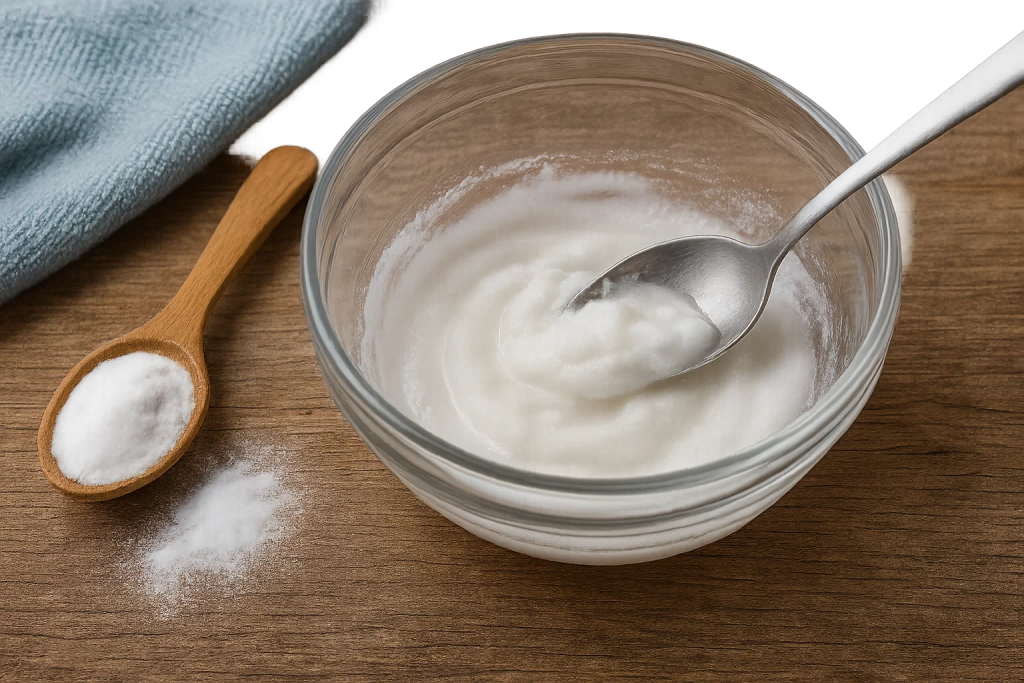
Best for: Removing scalp buildup and flakes
Baking soda is a mild exfoliant that helps remove dead skin and reduce itching.
How to use:
Mix with water to form a paste. Gently massage onto scalp, leave for 10 minutes, and rinse. Don’t overuse to avoid dryness.
8. Neem Leaves – Ayurvedic Antifungal Hero

Best for: Chronic dandruff and scalp infections
Neem has antifungal, antibacterial, and anti-inflammatory properties rooted in Ayurvedic tradition.
How to use:
Boil neem leaves in water, cool, and use as a scalp rinse. Or, grind into a paste and apply as a mask once a week.
9. Curd (Yogurt) – Probiotic Power

Best for: Itchy, flaky scalp
Curd soothes the scalp, reduces itchiness, and promotes healthy bacteria to fight dandruff.
How to use:
Apply plain yogurt to the scalp, leave for 30 minutes, and rinse. Use weekly.
10. Fenugreek (Methi) Seeds – Deep Scalp Cleanser
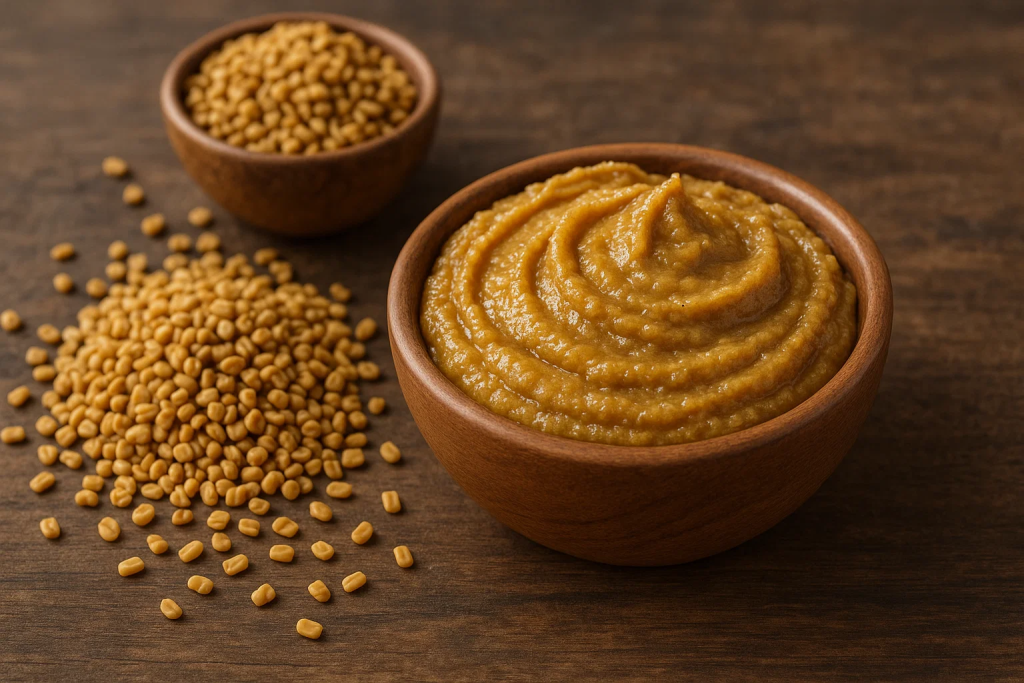
Best for: Scalp irritation and oily dandruff
Fenugreek contains protein and nicotinic acid that nourish the scalp and reduce flakes.
How to use:
Soak 2 tbsp of seeds overnight, grind into a paste, apply to scalp, leave for 30–45 minutes, and rinse.
Pro Tips to Prevent Dandruff Naturally
- Wash hair regularly but not excessively
- Use mild, chemical-free shampoos
- Avoid scratching your scalp
- Manage stress through yoga or meditation
- Maintain a balanced diet rich in zinc, B vitamins, and omega-3 fatty acids
- For more information about haircare, you can also check this
When to See a Dermatologist
Home remedies can be quite effective for mild to moderate dandruff, but if your symptoms don’t improve or begin to worsen, it may be time to see a dermatologist. You should seek medical advice if you experience red, scaly patches, severe itching, or if over-the-counter treatments fail to provide relief. Additionally, if you notice hair loss along with flaking, it could indicate a more serious scalp condition that requires professional care.
Final Thoughts: Treat Dandruff the Natural Way
Dandruff doesn’t have to control your life. These home remedies are easy, affordable, and safe ways to tackle flakes and restore scalp health. Consistency is key—give each remedy time to work, and avoid switching too frequently.
Stay natural, stay confident, and say goodbye to those pesky flakes.

